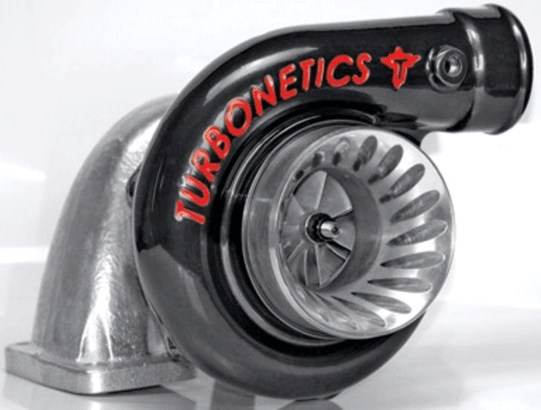Diesels Only
1400 West Alameda
Denver, CO 80223
(303) 778-6511
Practically every diesel vehicle on the road today has a turbocharger on it. With the advent of turbochargers, diesel engines have become the power plant of choice for many vehicle owners.
When you are having problems with your turbocharger, you should have it looked at immediately. The expert mechanics at Diesel Only know all about tubrochargers and will be able to diagnose and repair effectively and affordably.
Would you like to add extra power to your diesel vehicle? Check with us about adding an after market power boosting turbocharger!
Turbo-diesel, also written as turbodiesel and turbo diesel refers to any diesel engine equipped with a turbocharger. Turbocharging is common in modern car and truck diesel engines to produce higher power outputs, lower emissions levels, improved efficiency from a similar capacity of engine. Turbo-diesels in automobiles offer a higher refinement levels than their naturally aspirated counterparts.
Improvements in power, fuel economy and Noise, Vibration, and Harshness in both small- and large-capacity turbodiesels over the last decade have spurred their widespread adoption in certain markets, notably in Europe where they (as of 2006) make up over 50% of new car registrations.
Turbodiesels are generally considered more flexible for automotive uses than naturally aspirated diesels, which have strong low-speed torque outputs but lack power at higher speeds. Turbodiesels can be designed to have a more acceptable spread of both power and torque over their speed range or, if being built for commercial use, can be designed to improve either torque or power at a given speed depending on the exact use.
Naturally aspirated diesels, almost without exception, have a lower power output than a petrol engine of the same capacity whilst the same time requiring stronger (and thus heavier) internal components such as the pistons and crankshaft to withstand the greater stresses of the diesel engine's operating cycle. These factors give naturally aspirated diesels a poor power-to-weight ratio.
Turbochargers are in many ways more suited to operation in diesel engines. The smaller speed range that Diesel engines work in (between 1000 and 5000 rpm for a private car, and as little as 1000-3500 rpm for a larger unit in a commercial vehicle) mean that the turbocharger has to change speed less, reducing turbo lag and improving efficiency.
Diesel engines do not require dump valves. Perhaps most significantly, the diesel engine is immune from detonation because the fuel is not injected until the moment of combustion, so the compression ratio does not have to be reduced, or other anti-detonation measures taken, as would be necessary for a turbocharged spark-ignition engine.The turbodiesel engine can also help with the amount of torque it can give out. Commonly used in trucks, it helps improve the towing capacity of a truck, as well as fuel economy.

| top | home | map | emissions testing | transmissions | auto sales | truck sales |
